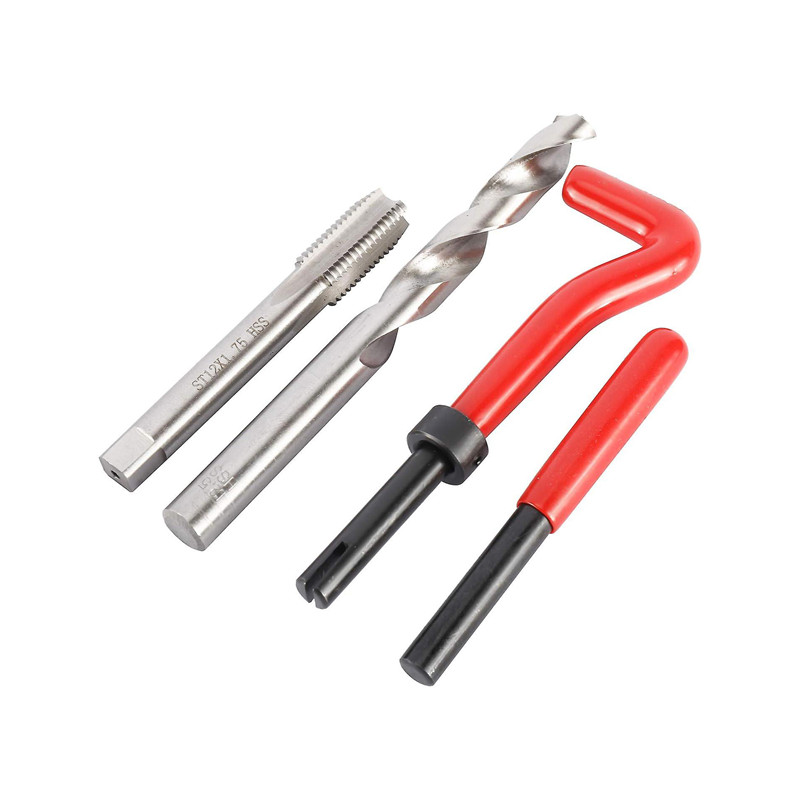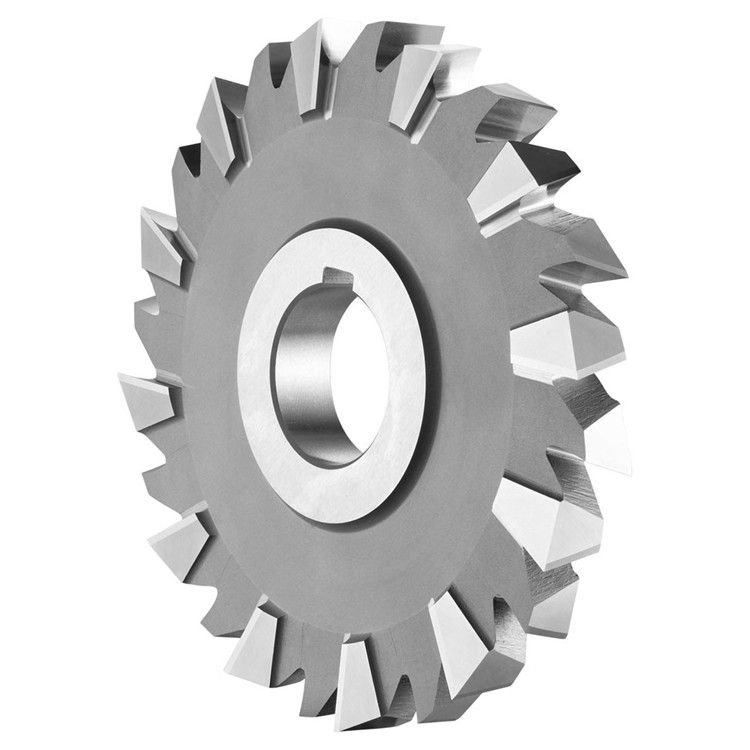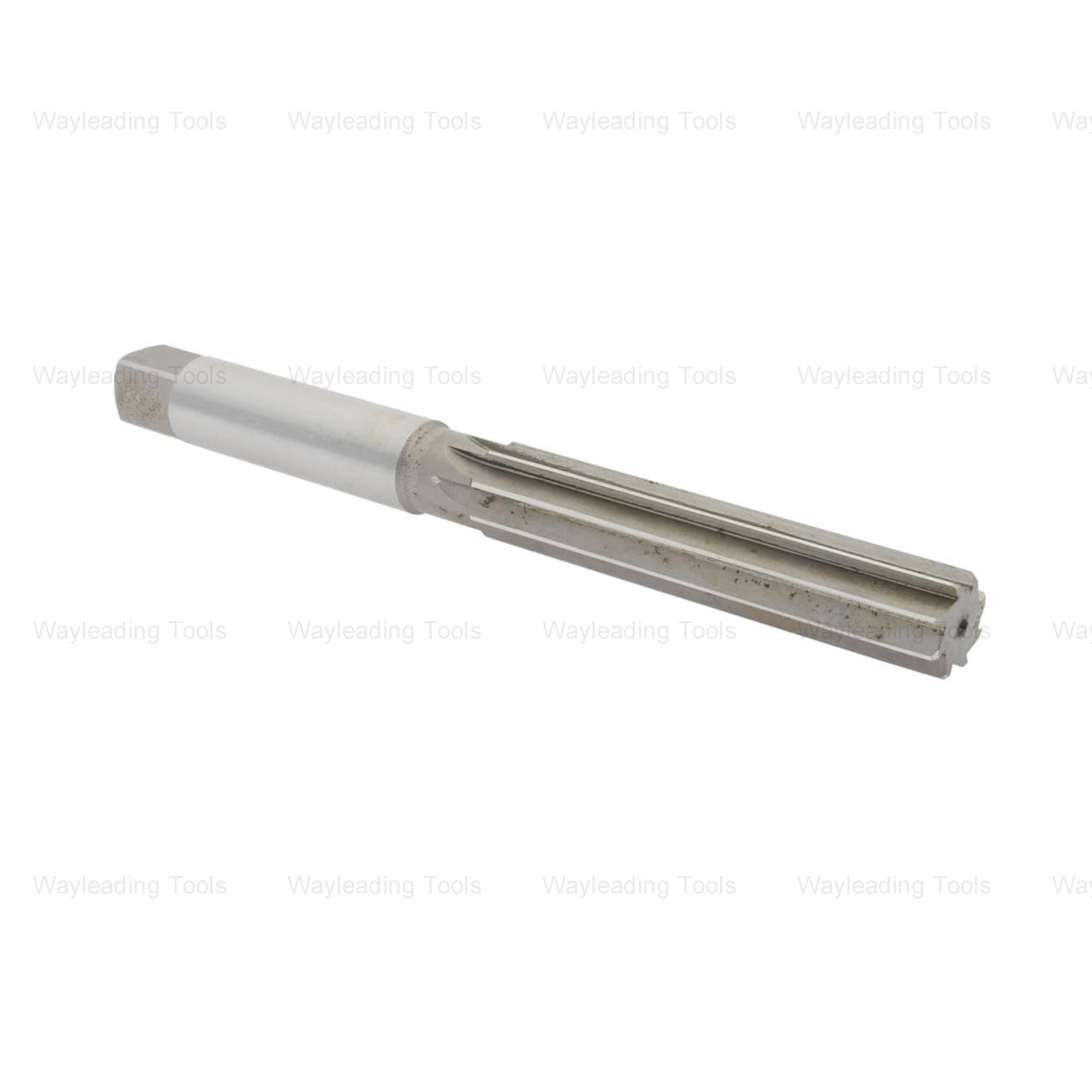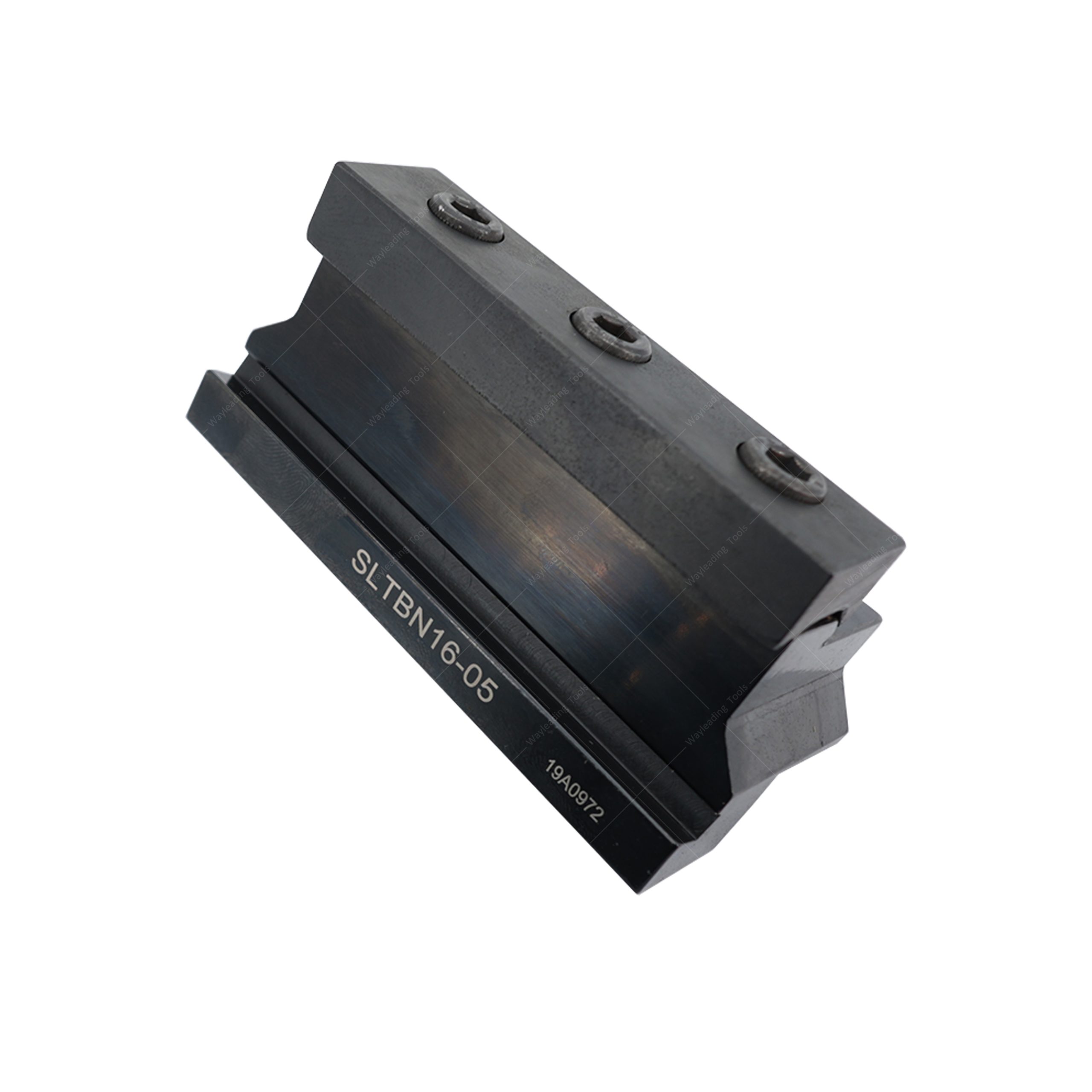Threading Taps Manufacturers
Finding reliable threading taps manufacturers can be challenging. This guide provides a comprehensive overview of what to look for when sourcing threading taps, covering key considerations such as material quality, manufacturing processes, industry standards, and essential certifications. Learn how to identify reputable manufacturers and ensure you get high-quality threading taps for your specific application.
Understanding Threading Taps
What are Threading Taps?
Threading taps are cutting tools used to create internal threads in holes. They are essential for manufacturing and repair processes across various industries. A tap works by cutting or forming a thread inside a pre-drilled hole, allowing screws or bolts to be securely fastened.
Types of Threading Taps
There are several types of threading taps, each designed for specific applications:
- Hand Taps: Used manually for general threading tasks. Typically sold in sets of three: taper, plug, and bottoming.
- Machine Taps: Designed for use with power tools like drills or tapping machines. These offer higher speed and efficiency.
- Spiral Point Taps (Gun Taps): Push chips forward, ideal for through holes.
- Spiral Flute Taps: Pull chips back, suitable for blind holes.
- Forming Taps (Roll Taps): Form threads by displacing material rather than cutting, resulting in stronger threads.
Key Considerations When Choosing Threading Taps Manufacturers
Material Quality
The material of the threading taps significantly impacts their performance and lifespan. Common materials include:
- High-Speed Steel (HSS): Offers good hardness and wear resistance for general applications.
- Cobalt Steel (HSCO): Provides enhanced heat resistance and durability, suitable for harder materials.
- Carbide: Offers exceptional hardness and wear resistance for high-volume production and abrasive materials.
Ensure the manufacturer provides clear specifications on the material composition and hardness of their threading taps.
Manufacturing Processes
The manufacturing process affects the precision and quality of the threading taps. Look for manufacturers employing advanced techniques like:
- CNC Grinding: Ensures precise thread geometry and dimensional accuracy.
- Heat Treatment: Enhances the hardness and toughness of the steel.
- Surface Treatment: Improves wear resistance and reduces friction. Common treatments include titanium nitride (TiN) coating, titanium carbonitride (TiCN) coating, and steam oxidizing.
Understanding these processes can help you assess the manufacturer's capability to produce high-quality threading taps.
Industry Standards and Certifications
Reputable threading taps manufacturers adhere to recognized industry standards such as:
- ISO Standards: Define thread dimensions, tolerances, and quality requirements.
- ANSI Standards: American National Standards Institute standards for thread forms and gauging.
- DIN Standards: German Institute for Standardization standards widely used in Europe.
Certifications like ISO 9001 demonstrate the manufacturer's commitment to quality management and consistent production processes.
How to Find Reliable Threading Taps Manufacturers
Online Research and Directories
Start your search by using online resources:
- Google Search: Use specific keywords like 'high-quality threading taps manufacturers' or 'precision threading taps suppliers.'
- Industry Directories: Explore directories like ThomasNet, IndustryNet, and Kompass to find potential suppliers.
- Wayleading Tools: As a premier provider of cutting tools, including various types of threading taps, Wayleading Tools offers a wide range of high-quality options to meet diverse industrial needs. Contact us today to learn more.
Evaluating Potential Manufacturers
Once you have a list of potential manufacturers, consider these factors:
- Product Range: Does the manufacturer offer the specific types of threading taps you need?
- Customization Options: Can they provide custom taps for unique applications?
- Quality Control: What quality control measures do they have in place?
- Lead Times: What are their typical lead times for orders?
- Pricing: How competitive are their prices compared to other manufacturers?
- Customer Support: Do they offer responsive and knowledgeable customer support?
Requesting Samples and Quotes
Before placing a large order, request samples to evaluate the quality of the threading taps. Obtain detailed quotes that include pricing, lead times, and shipping costs. Compare the quotes from different manufacturers to make an informed decision.
Common Problems and Solutions
Problem: Tap Breakage
Solution: Use the correct tap for the material being threaded. Ensure proper lubrication and avoid excessive force. Consider using a tap with a more robust design or a different coating.
Problem: Poor Thread Quality
Solution: Check the tap for wear or damage. Ensure the hole is properly sized and aligned. Use a tap with the correct thread form and pitch. Consider using a forming tap instead of a cutting tap.
Problem: Short Tap Life
Solution: Choose a tap made from a more durable material like cobalt steel or carbide. Use proper lubrication and avoid overheating. Consider a surface treatment to improve wear resistance.
Case Studies and Examples
Case Study: Automotive Component Manufacturing
A leading automotive component manufacturer needed high-precision threading taps for producing engine blocks. They switched to a supplier specializing in carbide taps with TiCN coating. This resulted in a 30% increase in tool life and improved thread quality, leading to significant cost savings.
Example: Aerospace Industry Application
An aerospace company required custom threading taps for threading titanium components. They partnered with a manufacturer capable of producing taps with specialized geometries and surface treatments optimized for titanium. This ensured precise and reliable threads in critical aerospace applications.
The Future of Threading Taps
Advancements in Materials and Coatings
Ongoing research and development are leading to new materials and coatings that offer even greater hardness, wear resistance, and heat resistance. Nanocomposite coatings and advanced carbide grades are expected to play an increasingly important role in improving the performance of threading taps.
Automation and Smart Manufacturing
The integration of automation and smart manufacturing technologies is transforming the production of threading taps. Automated grinding machines, in-process inspection systems, and data-driven optimization are enabling manufacturers to produce higher-quality taps more efficiently.
Summary
Choosing the right threading taps manufacturers requires careful consideration of material quality, manufacturing processes, industry standards, and customer support. By following the guidelines outlined in this guide, you can identify reliable suppliers and ensure you get high-quality threading taps that meet your specific needs. Remember to request samples, compare quotes, and consider the long-term value of investing in quality tooling. For a comprehensive selection of high-quality threading taps, explore the offerings at Wayleading Tools, where precision and durability are always guaranteed.
Disclaimer: All data and information provided in this article are based on industry knowledge and publicly available resources. Always consult with a qualified engineer or tooling expert for specific applications.
Related products
Related products
Best selling products
Best selling products-
 Type G Arc Pointed Tree Tungsten Carbide Rotary Burr
Type G Arc Pointed Tree Tungsten Carbide Rotary Burr -
 HSS Metric & Inch Dovetail End Mill With 45 And 60 Degree For Industrial
HSS Metric & Inch Dovetail End Mill With 45 And 60 Degree For Industrial -
 Outside Micrometer Set Of Inch & Metric With Rachet Stop
Outside Micrometer Set Of Inch & Metric With Rachet Stop -
 APKT Milling Insert For Indexable Milling Cutter
APKT Milling Insert For Indexable Milling Cutter -
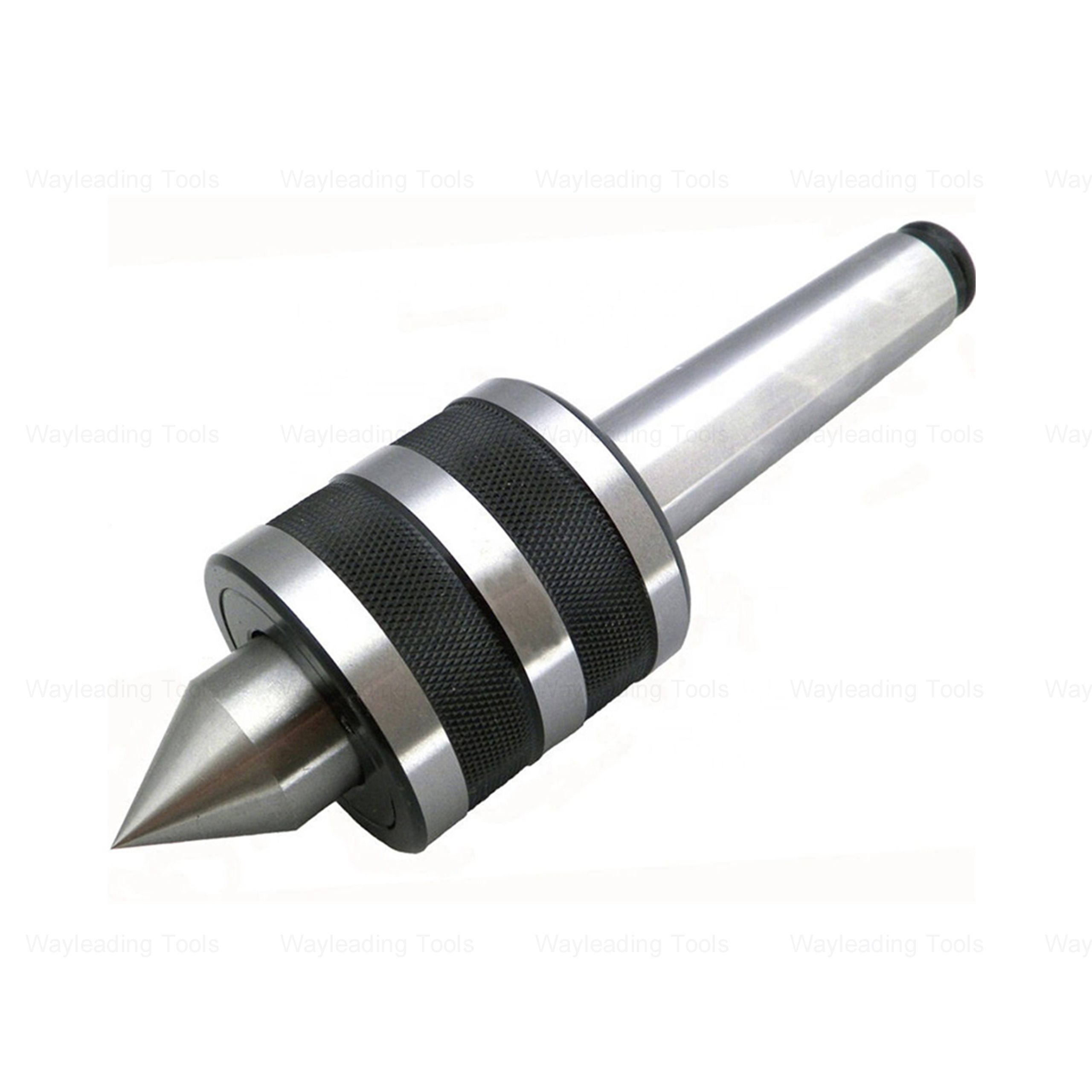 High Precision Medium-Duty Live Center – Hardened Tip, Morse Taper Shank
High Precision Medium-Duty Live Center – Hardened Tip, Morse Taper Shank -
 Single Wheel Knurling Tools With Straight Pattern For Industrial Type
Single Wheel Knurling Tools With Straight Pattern For Industrial Type -
 Dial Bore Guage From 6-450mm Range
Dial Bore Guage From 6-450mm Range -
 Double-beam Digital Gauge With Digital Counter
Double-beam Digital Gauge With Digital Counter -
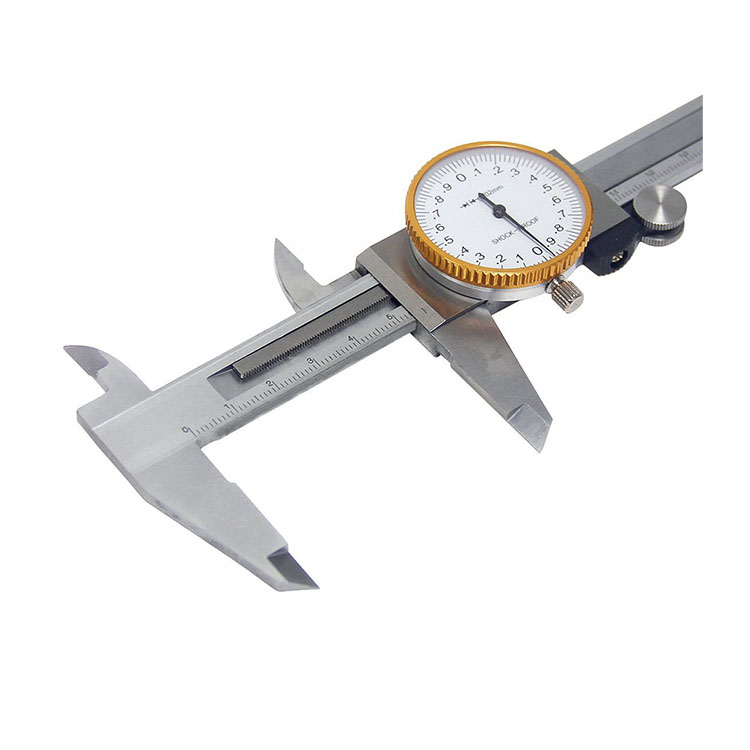 Precision Dial Caliper Of Metric & Imperial For Industrial
Precision Dial Caliper Of Metric & Imperial For Industrial -
 MT/R8 Shank Quick Change Tapping Chuck With MT & R8 Shank
MT/R8 Shank Quick Change Tapping Chuck With MT & R8 Shank -
 Boring Head Shank For Boring Head With Industrial Type
Boring Head Shank For Boring Head With Industrial Type -
 MT-APU Drill Chuck Holder With Keyless Type
MT-APU Drill Chuck Holder With Keyless Type

